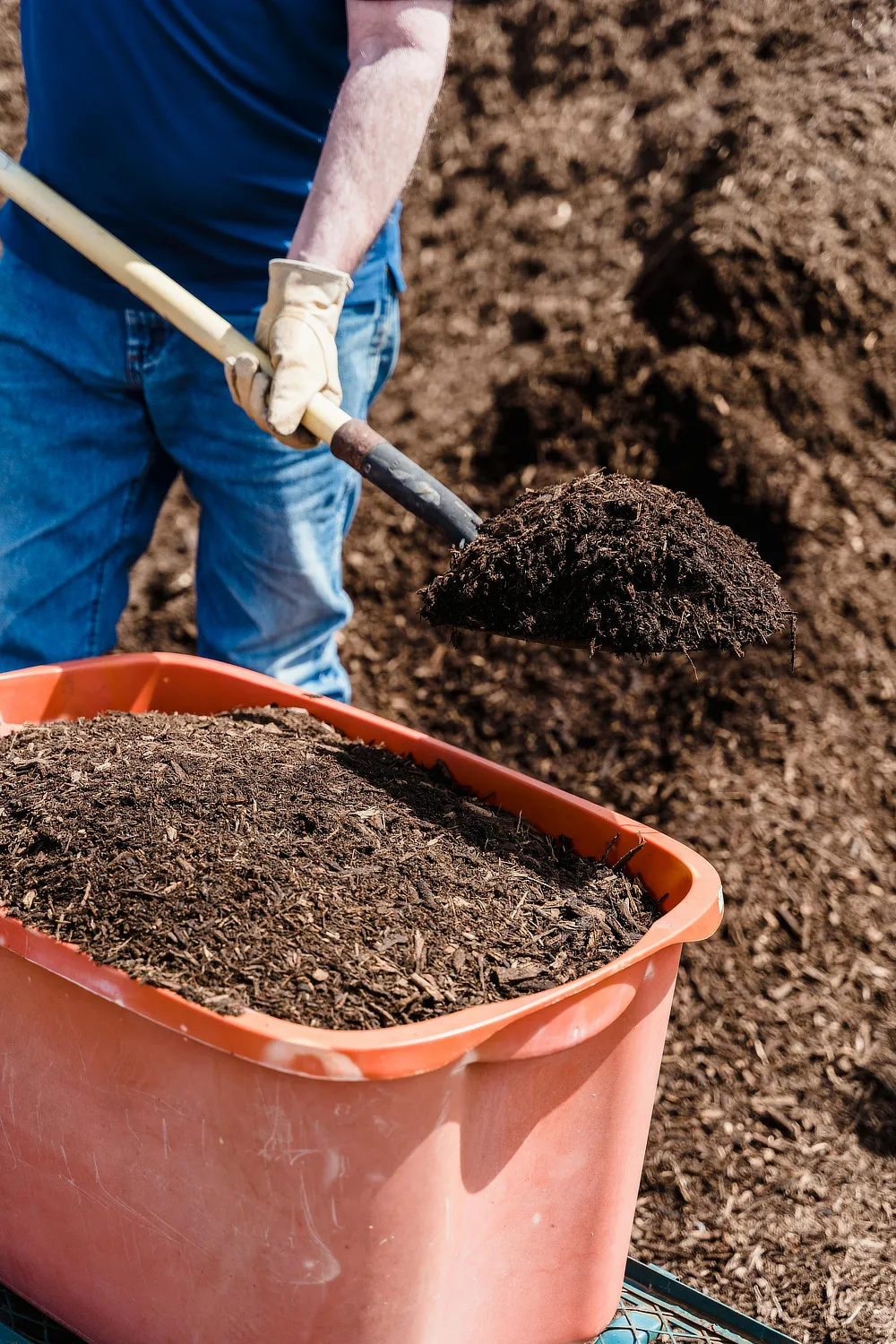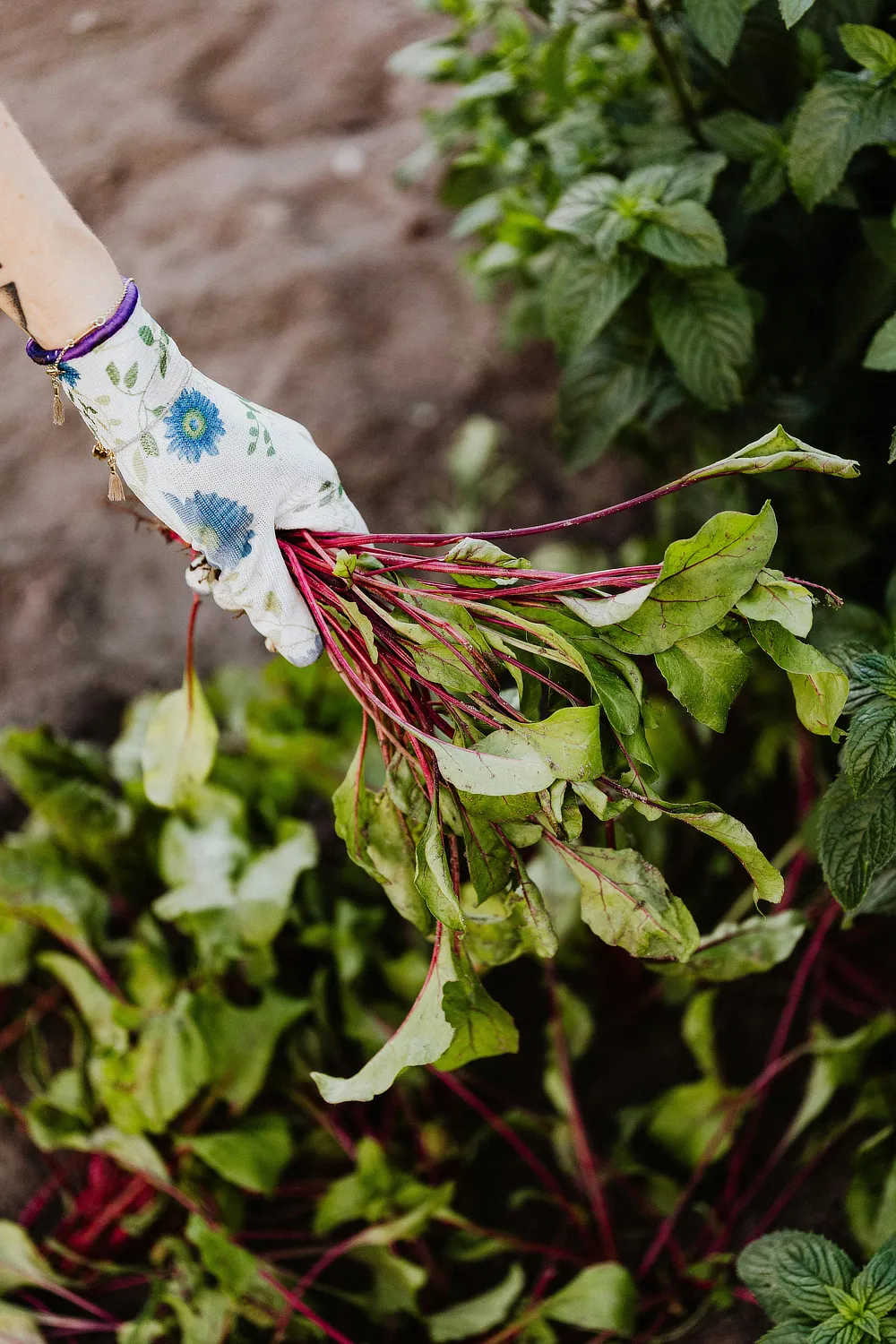I’ve been gardening for well over 25 years and I’ve been lucky enough to garden in various countries all around the world including the UK, France, Hong Kong, Singapore and of course Australia and I’ve picked up a few tips along the way – here are my top ten.
Soil is everything when it comes to a successful garden and the better yours is the better your garden will be. Test your soil and check the structure for any excessive minerals such as sand or clay and remedy if needed, also test PH. You can have all the nutrients in the world in your soil but if the PH is too high or low your plants won’t be able to access them. Check for hydrophobia, this is where water doesn’t penetrate the ground and fix with a wetting agent.
Compost is king in the garden as it will help you improve your soil whilst reducing your waste and it’s easy to get addicted to it once you start. Compost helps to improve every type of soil by breaking down clay yet binding sandy soils helping plants to get the moisture and nutrients they need. Making your own is best but its difficult to make enough so don’t get put off by buying some in, commercial composts with the Australian red tick standard are great.
Organic mulch, such as wood chip is an amazing way to lock water into the soil, suppress weeds and break down to improve your soil. 75mm is the perfect depth to allow water in but prevent excessive evaporation. An application of mulch will smarten up your beds too making them look well cared for.
Garden little and often rather than in one big hit, you’ll get to know your garden better and spot any issues such a pests and diseases before they become a problem. It’s not about more time rather than spreading it out across the week. Regular pruning also leads to denser and more vigorous growth and bigger blooms too.
When selecting plants pick the right plants for the right spot, make sure the plants you want suits your aspect, soil type, water requirements and level of maintenance you can give it and with this done, it will be hard to kill them.
Don’t worry about killing plants, I have killed hundreds of plants in my time and the process has taught me about caring for plants. The best part about dead plants is they make great compost!
Mow your lawn once a week as a minimum– again little and often is best. When you mow your lawn, regularly you are less likely to scalp it and the growth becomes tighter choking out weeds and making it more resilient to drought. You can also leave the clippings on the grass as these will act like tiny blades of nitrogen rich fertiliser for future growth.
Plan your veggie patch in advance to ensure you have a regular harvest. Vegetables are seasonally time sensitive so a few hours setting out what you want and planning sowing your seeds, planting them out and ongoing care will come back to you with a bountiful harvest. Also don’t get too excited when planting out your veggie patch, one that is cluttered and has too much growing will need a lot of maintenance and nutrition to counterbalance the competition from all the plants.
Look after your tools and they will look after you by keeping your plants as healthy as possible. Sharp and clean tools create sharp and clean cuts which prevent diseases from getting into your plants. Spray your tools with alcohol and water to sanitise after every use and store them in a dry dust free environment.
My number one tip is ‘If you like it have it’ – A garden is a personal space so make sure you love every element in there and don’t worry too much about following trends. I hate garden gnomes but if you like them make them front and centre! Try to plan for good proportions, useable areas and quality finishes – the rest is all a lot of fun.


